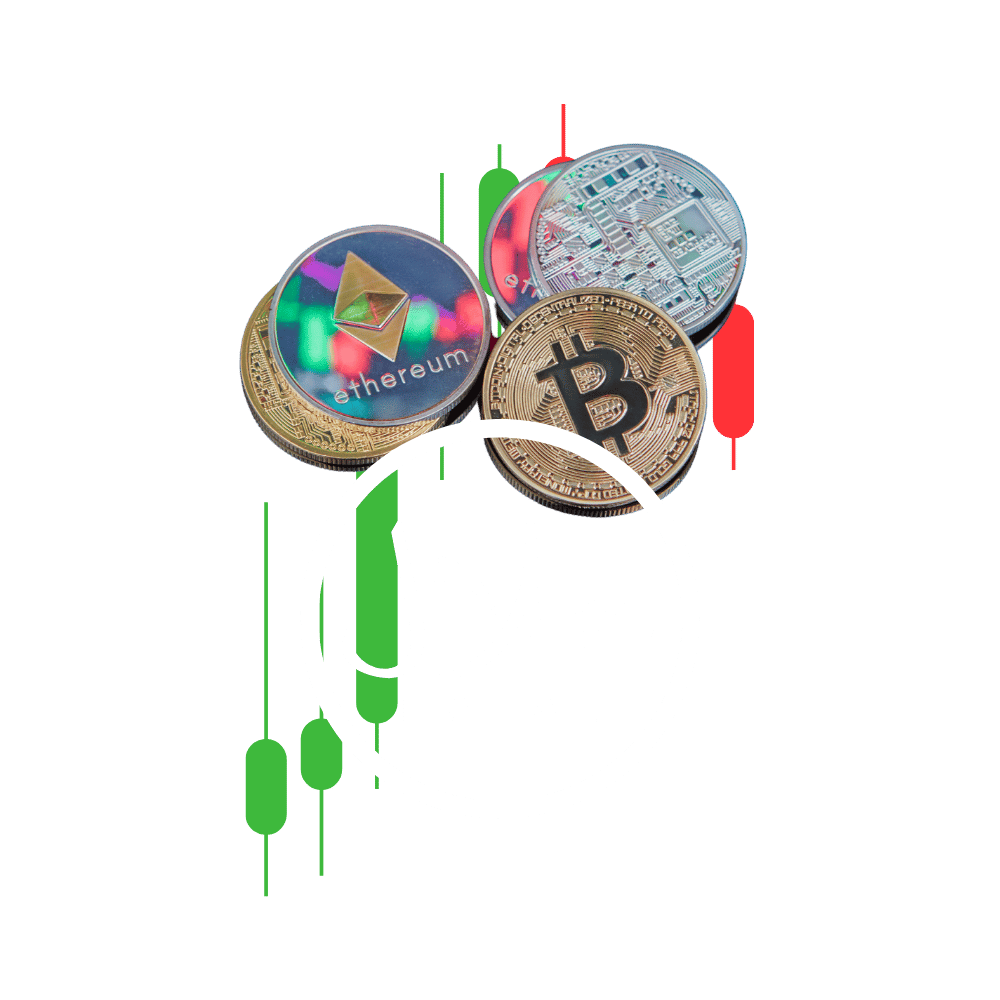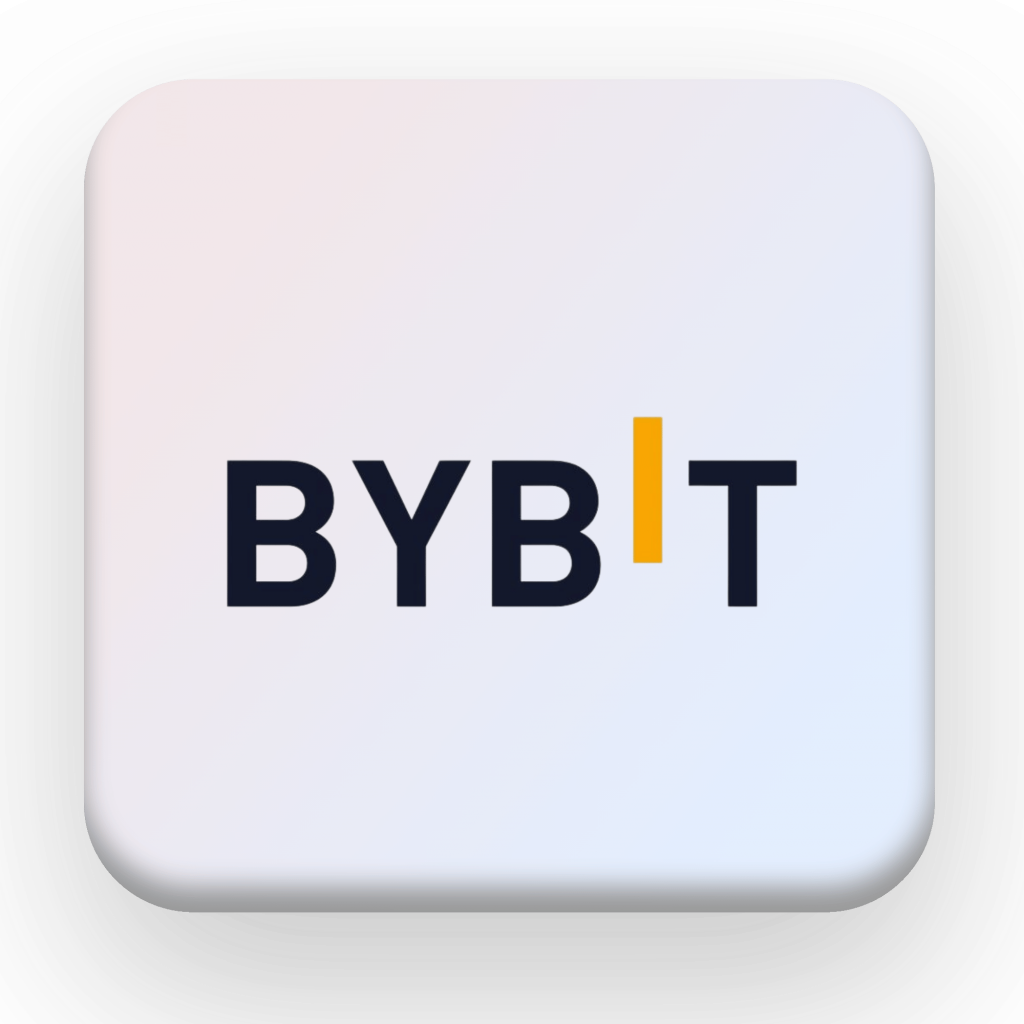Home / CRYPTOCURRENCY TRADING / HALAL CRYPTO TRADING

What is Halal Crypto Trading?
A Complete Guide for Muslim Investors
As the world of cryptocurrency continues to evolve, many Muslim traders are interested in engaging in crypto trading while ensuring that their investments align with Islamic principles.
Halal crypto trading refers to trading digital currencies in a way that is permissible under Islamic law (Shariah). This guide will explore the core concepts of halal trading, its key principles, and how you can participate in the crypto market while staying true to your values.
What is Halal Crypto Trading?
In simple terms, halal crypto trading means engaging in cryptocurrency transactions that comply with the ethical guidelines of Islam. According to Shariah law, trading activities that involve excessive uncertainty (gharar), gambling (maysir), or interest (riba) are prohibited.
As cryptocurrencies are a relatively new asset class, questions about their permissibility under Islamic law have become increasingly important for Muslim investors.
Key Principles of Halal Trading
Before diving into halal crypto trading, it’s essential to understand the core principles of Shariah-compliant investing. These include:
- Avoiding Interest (Riba): Islam prohibits earning or paying interest, and this extends to crypto trading platforms that charge interest on margin loans or offer interest-bearing products.
- Avoiding Uncertainty (Gharar): Investments that involve excessive uncertainty or speculation are forbidden. Therefore, crypto trading strategies based purely on gambling-like behavior or high risk are not permissible.
- Ethical Investment: Investing in projects that align with Islamic ethical standards is key. This includes avoiding companies or assets that engage in forbidden activities, such as alcohol, gambling, or weapons production.
- Transparency and Fairness: All transactions must be clear, transparent, and free from deception. Cryptocurrency exchanges offering opaque or manipulative practices could violate these principles.
Halal Cryptocurrencies: Which Ones to Choose?
When it comes to choosing which cryptocurrencies are halal, the focus should be on the underlying technology and the ethical nature of the project. The following guidelines can help:
- Bitcoin (BTC): Bitcoin is widely accepted as halal because it operates on a decentralized network, free from interest or unethical activities. It is purely a digital asset with no central control.
- Ethereum (ETH): Like Bitcoin, Ethereum is a decentralized cryptocurrency, and its smart contract functionality does not involve riba or haram activities.
- Stellar (XLM): Known for its mission to provide financial services to underserved regions, Stellar has a strong ethical foundation, making it a good candidate for halal trading.
- Ripple (XRP): Although Ripple’s business model has faced scrutiny, it is largely considered halal due to its use in facilitating cross-border payments without involving interest or excessive speculation.
- Litecoin (LTC): Litecoin is a peer-to-peer cryptocurrency that operates on a similar protocol to Bitcoin, making it a halal investment option.
Halal Crypto Trading Platforms
Choosing a Shariah-compliant trading platform is equally important.
Many popular exchanges now offer Islamic trading accounts that avoid interest-bearing products or margin trading. Some of the top halal crypto exchanges include:
- Binance – Binance has developed an Islamic account option that excludes margin trading and interest-bearing products.
- Coinbase – Known for its transparency and ethical guidelines, Coinbase provides a secure environment for Muslim investors.
- KuCoin – Offers spot trading and complies with Shariah guidelines by not involving interest or excessive speculation in its platform’s core services.
- Gemini – Gemini has robust regulatory standards and ethical practices that align with Islamic investing principles.
- Bitstamp – A long-standing exchange with a strong reputation for fairness, Bitstamp’s structure supports halal crypto trading.
Halal Crypto Trading Strategies
For those interested in halal investing, here are some trading strategies that align with Shariah principles:
- Long-Term Investment (HODLing): This strategy involves purchasing cryptocurrencies and holding them for an extended period, avoiding speculative trading. It aligns with the principle of avoiding excessive uncertainty and speculation.
- Day Trading: As long as the trades are based on market fundamentals and not on excessive risk, day trading can be permissible. However, it’s crucial to avoid engaging in gambling-like behavior.
- Peer-to-Peer Trading (P2P): Engaging in direct trades between individuals without a third-party intermediary can help avoid issues of interest or hidden fees, making it a good halal option.
- Staking: Some cryptocurrencies offer staking as a means of earning rewards. However, it is important to ensure that the staking process does not involve interest (riba) or support unethical projects.
Binance is a leading global cryptocurrency exchange known for its wide range of trading pairs, low fees, and advanced features for both beginners and professionals.
Coinbase is a popular and user-friendly cryptocurrency exchange that offers secure and easy access to buying, selling, and storing digital assets.
Kraken is a well-established cryptocurrency exchange offering a secure platform with a wide selection of coins and advanced trading tools for all types of traders.
KuCoin is a global crypto exchange providing a wide variety of altcoins, advanced trading features, and competitive fees for users worldwide.
BingX is a global cryptocurrency exchange that offers spot and derivative trading with an intuitive interface and a focus on social trading.
Huobi Global is a leading cryptocurrency exchange that offers a wide range of digital assets and advanced trading tools with a focus on security and liquidity.
OKX is a comprehensive digital asset exchange that provides advanced features like margin trading, futures, and DeFi services with low fees.
Bybit is a popular exchange known for its leveraged trading options and advanced charting tools, tailored for professional cryptocurrency traders.
Gate.io is a global cryptocurrency exchange that offers a wide range of coins, low trading fees, and features like margin and futures trading.
Bitget is a global crypto exchange offering futures and spot trading with an emphasis on user-friendly features and high liquidity.
Risks and Challenges in Halal Crypto Trading
While halal crypto trading offers ethical opportunities, there are risks to be mindful of:
- Volatility: The cryptocurrency market is highly volatile, and sudden price swings can lead to significant losses. This risk is particularly important for traders who engage in short-term speculation.
- Regulatory Uncertainty: The legal status of cryptocurrencies varies by country, and government regulations could affect your ability to trade in a halal manner.
- Platform Risks: Not all exchanges are transparent in their operations. It’s essential to research platforms thoroughly to ensure they comply with Islamic principles.
Halal Crypto Trading Analytics
The global cryptocurrency market has experienced exponential growth in recent years. Here are some key statistics to consider:
| Statistic | Value |
|---|---|
| Global Crypto Market Cap (2023) | $1.07 Trillion |
| Daily Trading Volume (2023) | $100 Billion+ |
| Percentage of Muslim Crypto Users | 7% (approx.) |
| Most Traded Halal Cryptocurrencies | Bitcoin, Ethereum, Ripple |
Is Halal Crypto Trading Profitable?
The profitability of halal crypto trading depends on various factors, including market conditions, trading strategies, and the coins you choose to invest in.
While the volatility of cryptocurrencies presents opportunities for profit, it also carries risks.
As the market matures and more Shariah-compliant products become available, Muslim investors can increasingly access halal trading opportunities with the potential for significant returns.
Conclusion: Is Halal Crypto Trading Right for You?
Halal crypto trading offers an exciting and ethical way to engage in the booming cryptocurrency market. By following the principles of Islamic law, you can ensure that your investments are both profitable and in line with your values. Whether you’re interested in Bitcoin, Ethereum, or other altcoins, it’s essential to choose Shariah-compliant assets and trading platforms.
By staying informed and practicing responsible trading, you can capitalize on the opportunities of the crypto market while ensuring that your investments remain halal.

Author: Alex Turner
Expert in Cryptocurrency Markets & Blockchain Technology
Alex Turner is a seasoned cryptocurrency expert with over 8 years of experience in the digital asset industry.
As a senior market analyst and cryptocurrency strategist, Alex has worked with several leading blockchain companies and financial institutions to develop market insights, trading strategies, and risk management frameworks.












